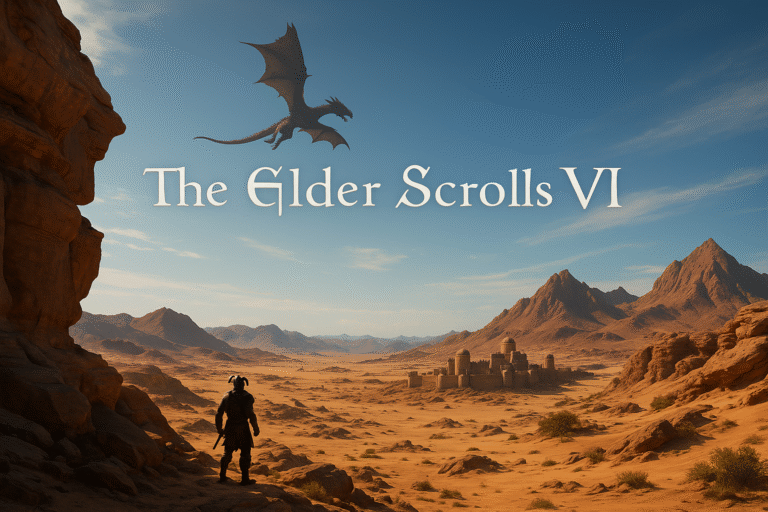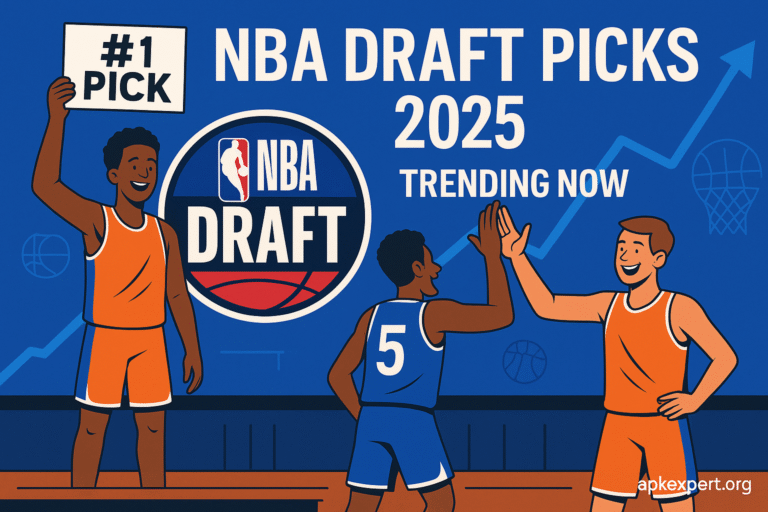The Irresistible Pull of “Free”: Unpacking the Psychology of No-Deposit Incentives
The Irresistible Pull of “Free”: Unpacking the Psychology of No-Deposit Incentives
The word “free” possesses an almost magical allure, capable of influencing decision-making in ways that even heavily discounted offers cannot replicate. No-deposit incentives, a common strategy across various digital platforms, tap directly into this powerful psychological trigger. Understanding why these offers are so effective requires a dive into the cognitive biases and emotional responses that “free” ignites within us, ultimately driving user engagement and acquisition.
Understanding the Power of Zero Cost
At its core, the appeal of “free” is tied to the concept of zero risk and the human brain’s disproportionate response to it. Behavioral economists, like Dan Ariely, have demonstrated that the difference between a very low price and zero is perceived as vastly greater than the actual monetary value. This is because “free” eliminates the possibility of loss – there’s no downside to acquiring something at no cost. This perceived absence of risk lowers cognitive barriers to trial and adoption, making users far more likely to engage with a product or service they might otherwise ignore. The emotional response is often one of excitement and an inflated sense of value.
No-Deposit Incentives Across Different Industries
The application of no-deposit incentives is widespread and varied. Software-as-a-Service (SaaS) companies frequently offer free trials, allowing potential customers to experience the full functionality of their product before committing to a subscription. Mobile applications often employ freemium models, providing basic features for free with optional paid upgrades. Even traditional retail utilizes this, offering free samples to entice purchases. For businesses, the benefits are manifold:
- Lead Generation: Capturing contact information for future marketing.
- User Acquisition: Lowering the barrier to entry for new customers.
- Product Adoption: Allowing users to experience value firsthand, increasing the likelihood of conversion.
The Reciprocity Principle and Building Loyalty
Beyond the initial attraction, no-deposit offers can tap into the psychological principle of reciprocity. When a business offers something of value for free, it can create a subtle sense of obligation in the user. This doesn’t necessarily mean an immediate purchase, but it can foster goodwill and increase the likelihood of future engagement, positive reviews, or recommendations. This gentle nudge can be a powerful tool in building a loyal customer base over time.
The Role of “Free” in Online Entertainment and Gaming
The allure of a risk-free start is particularly potent in the digital entertainment sphere, where experience is paramount. Many online platforms leverage this to attract and retain users. The competitive online casino industry, for example, frequently employs such strategies; attractive offers such as a no deposit instant withdrawal PayPal option can significantly draw in new players. This allows them to experience real gameplay at an online casino without an initial financial commitment, while still having the prospect of quick access to any potential winnings via a trusted payment method like PayPal, further enhancing the appeal.
Balancing Generosity with Business Goals
While “free” is a powerful magnet, businesses must strategically balance generosity with their long-term goals. Poorly designed no-deposit offers can attract users who have no intention of ever becoming paying customers, leading to unsustainable costs. Effective strategies involve clear terms, targeting the right audience, and having a solid plan for converting free users to paying ones, perhaps by showcasing premium features or demonstrating ongoing value. The key is to ensure the “free” offer is a gateway to a valuable, sustainable customer relationship.
The Future of “Free”: Evolving Incentive Strategies
As consumer behavior evolves and data analytics become more sophisticated, “free” incentives are also likely to become more personalized and targeted. The ethical considerations of wielding such a powerful psychological tool will also continue to be important. However, the fundamental human response to “free” is unlikely to diminish. When structured thoughtfully, no-deposit incentives will remain a cornerstone of user engagement strategies, offering a compelling, low-risk entry point into a vast array of digital experiences.





